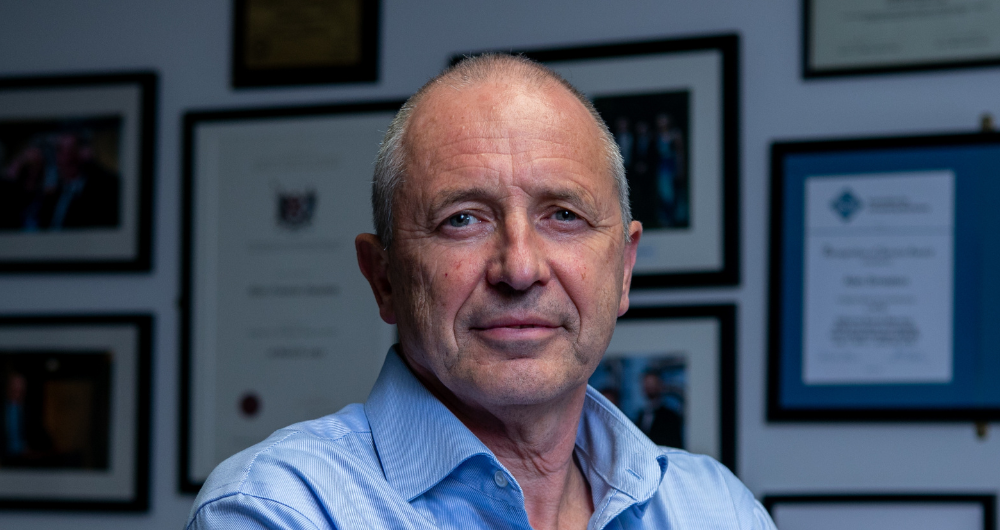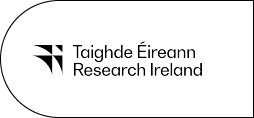
Elec-tariffs.ie, Insight Research Ireland Centre initiative, recognised by Competition and Consumer Protection Commission
The Competition and Consumer Protection Commission (CCPC) has registered Elec-tariffs.ie, operated by The Insight Research Ireland Centre for Data Analytics at Dublin City University as Ireland’s first data altruism organisation under the EU Data Governance Act (DGA), marking ‘an important milestone in the development of trusted data sharing in Ireland’ according to the Commission.
Developed by data researchers Shuxiang Cai and Xianjuan Chen at DCU and led by Prof Alan Smeaton, a founding director the Insight Research Ireland Centre, Elec-tariffs.ie is a not-for-profit initiative that allows consumers in Ireland to share energy tariff and usage data.
Consumers can use the data to select the cheapest tariff based on their usage. It also provides data for use by the scientific community.
The EU Data Governance Act aims to increase trust in data sharing and improve the availability of data for public interest purposes, including research, innovation and public services. It creates a legal framework for individuals and organisations to voluntarily make data available for uses that will benefit society while ensuring strong safeguards around transparency, security and data sharing.
Project lead Prof Alan Smeaton said: ‘Several thousand people have used our system and as of February 2026, the cheapest annual bill averaged just under €1,072 while the most expensive averaged €2,007. That’s a difference of almost €1,000 a year for the same household, the same energy used, just by choosing the right or the wrong tariff. Elec-tariffs.ie lets you use your own data to determine the best tariff for your household usage from over 60 options on the market.’
The CCPC is the designated authority responsible for the registration and supervision of data altruism organisations under the DGA.
A spokesperson for the CCPC said: ‘The registration of Ireland’s first data altruism organisation represents an important step in building a trusted, ethical data ecosystem. Elec-tariffs.ie is the fourth data altruism organisation to be registered within the EU under the DGA. More information on the DGA and the CCPC register is available at: Data Regulation – CCPC Business.’
CCPC registers Elec-tariffs.ie as first data altruism organisation – TechCentral.ie

